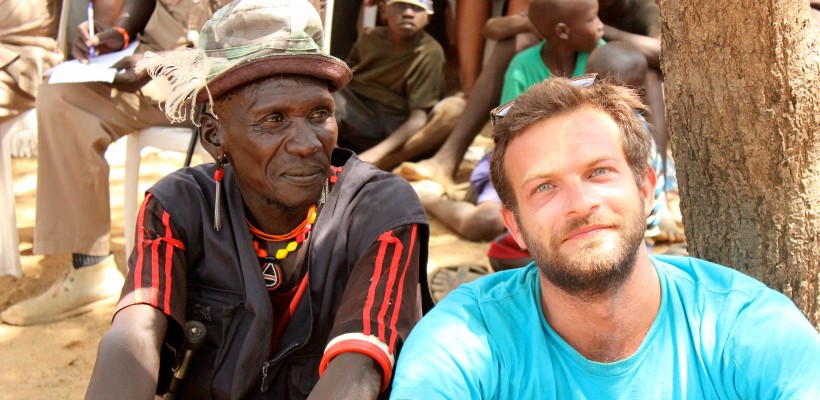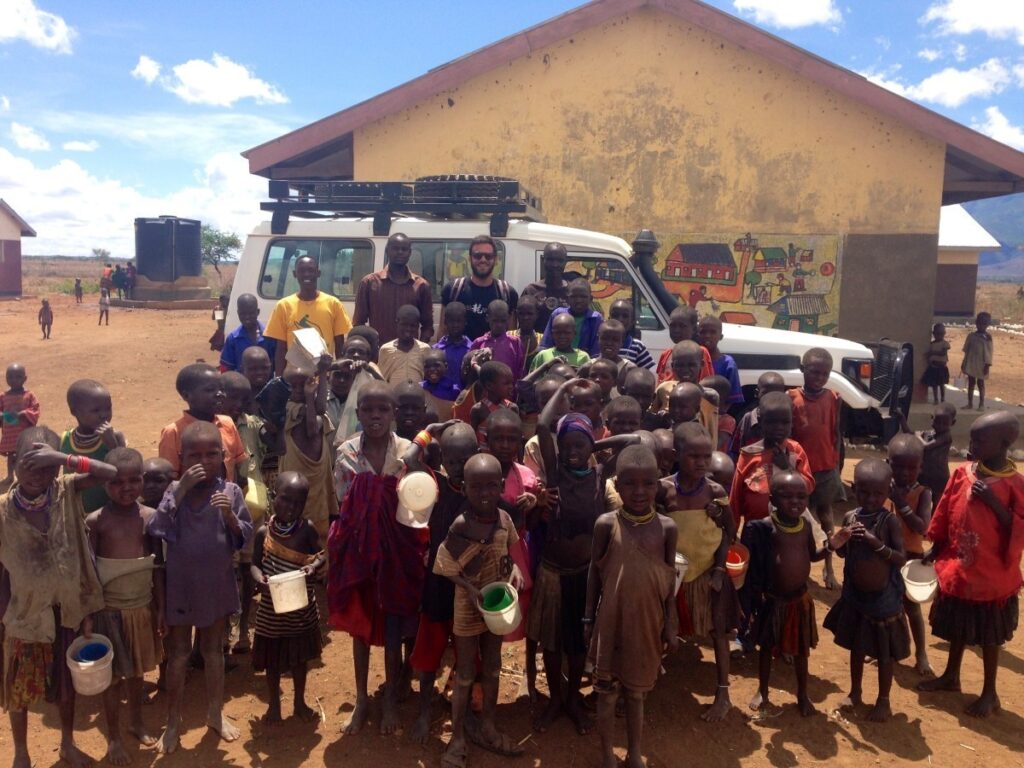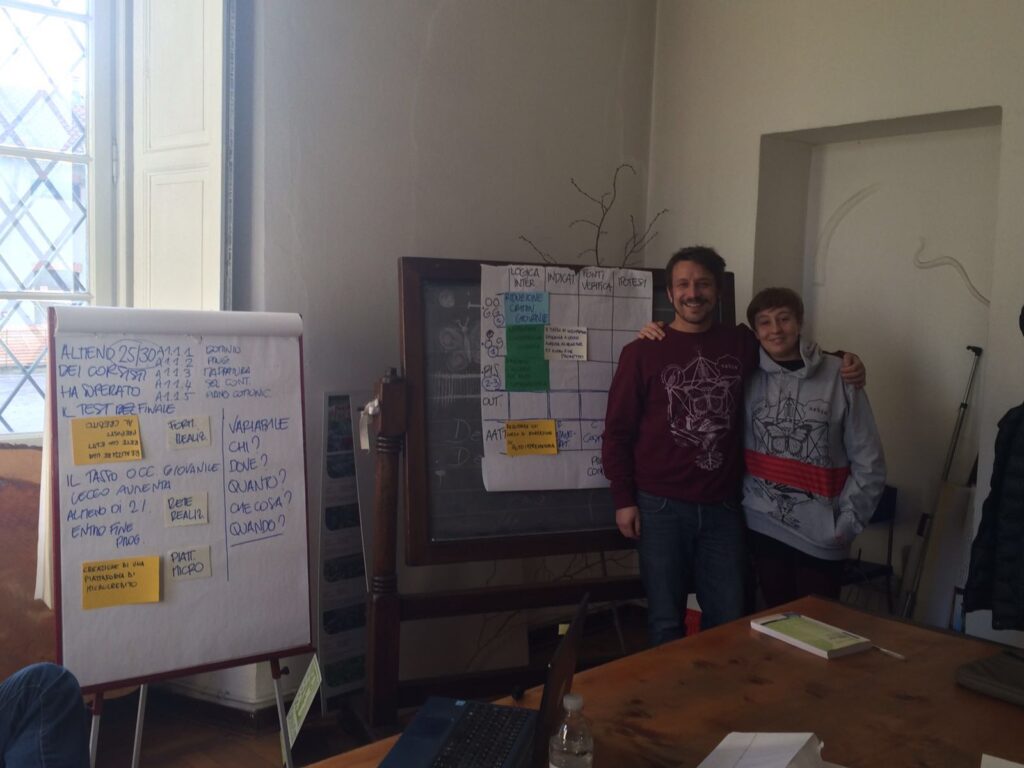Haraka haraka haina baraka. In Swahili, it means that there is no blessing in doing things in a rush; more or less it is like our saying “Slow and steady wins the race”. I have learned that in Africa, more precisely, in the village of Ikondo, in the South of Tanzania. Before landing in that remote corner of the world, lost among the Tanzanian hills, more than 5 years ago, I used to do everything with a lot of restlessness, I didn’t wait for the answers, I wanted the get an immediate result, I was impatient, troubled and a bit annoyed.
How did I end up all the way down there? That is what I wondered a hundred times, during the unending African nights of blackout or power cut, starry skies and giant moons. A thousand times, during the walks on the red dust, with no precise destination, while preparing the ugali (a white cornmeal mush) with my friend Mama Meki, or while holding the hen of the passenger sitting next to me on the dala dala (the fantastic Tanzanian microbus).
Now that I am back to Italy, I do have the answer. I left for a challenge, for a tease, because in that moment I wanted to do it and I seized a chance. I studied Political Sciences, after I specialized in Social Policies and I took a Master in Cooperation and Sustainable Development. During the last 5 years I’ve been working as a project assistant, project manager, project coordinator in Tanzania, Lebanon and Zambia. I am a development worker!
It is a hard and beautiful job, full of contradictions, disappointments, efforts, but that generously gives satisfactions, joy, concrete truth. It is a real job. However, it is not a job like the other ones. It is a job because it requires professionalism, competences, multi-functionality and versatility, being constantly up to date and prepared, having cool head and detachment. It is not like the other jobs though.. It changes your life, not in a metaphorical way, but in the sense that it turns your routine upside down, all your beliefs, the points of view and the positions that you had constantly defended. It totally involves you, it uproots you from everything you believed to be the centre of the world and it englobes you in a remote corner of the planet.
Haraka haraka haina baraka. First of all, come the patience and the spirit of adaptation. The engagement of the others, the partners, the local staff and those that will be the beneficiaries of the project that you manage is a fundamental rule. Because, even tough you might have written on the paper the best project in the world, the most innovative and with the major impact, if it is not deep-rooted in the territory, if the beneficiaries are not interested, if it does not keep in mind the culture, traditions and social and political constraint of that geographical area, then it is just a waste of resources and opportunities. You always need to have clear ideas, get ready and not simply get in on the action, but always take into account the unplanned, the things you won’t expect to happen.
Now that I am Coordinator of the Master in Project Management for International Cooperation, I feel like I owe something, both to what I left behind me, and also towards those that I find in front of me: on one side, the experience that gifted me the tools and knowledges of a profession different from the others, on the other side the master’s students that I coordinate, the future project managers and agents of local development.
Today, in my work, I invest the same commitment, curiosity, energy and the willingness of doing things that were pushing me in my previous job, with the awareness and the sense of responsibility of being able to transmit, also with small flashes or with simple informal and equal exchanges what being a development worker means to me.




